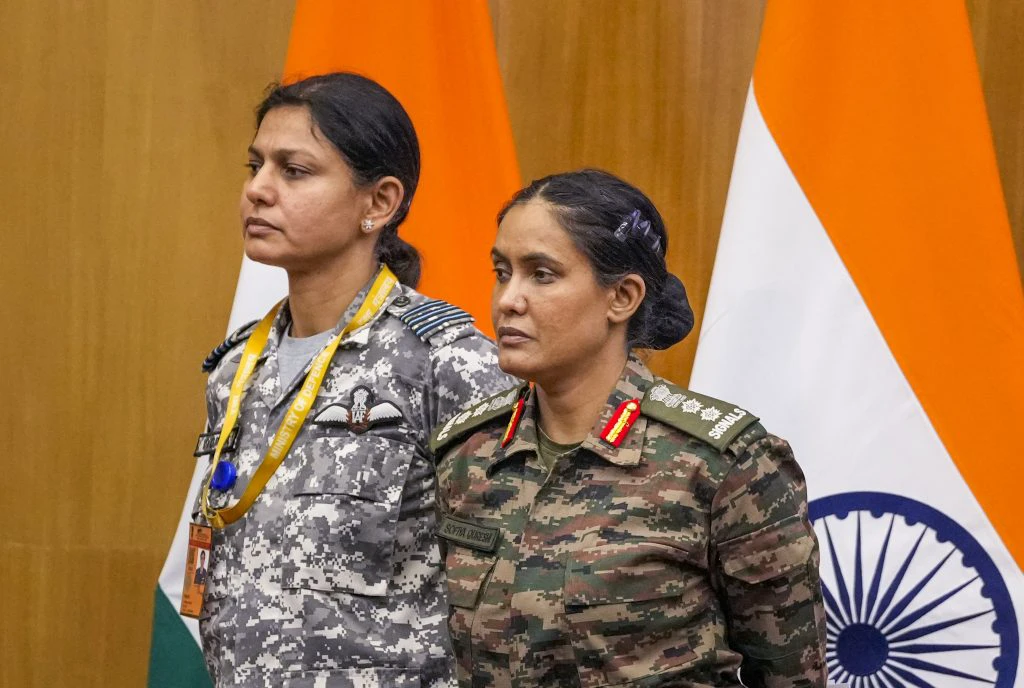There’s a famous saying, “Adversity does not necessarily build character; it reveals it.”
India faced one of its most testing times since the fateful day of the heinous Pahalgam terror attack; and while a dark cloud of political betrayal hovers over the hearts and minds of all Indians, there is a definite silver lining; which is that the decade long onslaught of hateful and divisive propaganda by those in power has not been able to fundamentally alter the character of the Indian nation or nationalism.
The last decade has been a period defined by the dominance of the idea of nationalism in our political discourse. The ruling regime has drawn its power by posing as the supreme custodian of national interest and decrying any opposing voice as being anti-national. The proponents of Hindutva argued that Indian or civic nationalism was an elite construct, dreamt up by Jawaharlal Nehru; which was not rooted in Indian culture. Under the barrage of constant propaganda, even some oppositional discourses began questioning the potency of ‘civic’ ties to effectively resist the onslaught of Hindu nationalism.
However, history will note that when the undeclared war broke out, the most powerful expression of the national spirit, during this period, was Indian and not Hindu Nationalism. During the crisis, the Modi regime was forced to jettison its own idea of ‘new India’ and embrace the idea of India as forged during our freedom struggle. This was a tacit acceptance that Hindutva is merely a mightily effective electoral tool, however, it cannot represent the idea of India.
More than optics
Let us be in no doubt that although the government did not officially declare war for tactical reasons; the Armed Forces and 1.4 billion Indians were mentally already at war. Each public move and utterance was made with that in mind. Therefore, the choice of Colonel Sofiya Qureshi and Wing Commander Vyomika Singh was not merely for optics, it was part of the ideological war waged by India.
While the face of the Pakistani Army was Lieutenant General Ahmed Sharif Chaudhary; the son of a UNSC-designated terrorist who attempted to aid Osama Bin Laden; our nation was represented by Colonel Qureshi and Wing Commander Singh whose presence destroyed the two-nation theory as effectively as the Indian Air Force destroyed the Nur Khan air base in Rawalpindi.
‘Secular’
The idea of “secularism” had been viciously attacked by the Hindu nationalists ever since they assumed power. It was called a “western” value which was imposed on the Hindu society. There were loud calls by leaders of the ruling party to remove the idea of secularism from the constitution. However, in response to the allegations of the Pakistani Army, that the Indian forces targeted religious sites, Wing Commander Singh unequivocally stated that India is a “secular” nation and our Armed Forces are a reflection of our Constitutional values.
During Operation Sindoor, the values of secularism and communal harmony re-emerged as the bedrock of our national identity. That secularism lies at the heart of our nation was revealed by the Pakistan Army’s constant attempts to attack it and foment communal tensions. Secularism, then, is not some ‘western’ value which the elites aspire to; it is a necessity for the very existence of our nation.
We the people…
Perhaps the biggest rediscovery was that the nation is made up of its people; not by the government of the day. This was reflected in the rock-solid national solidarity exhibited by those who have been unrelentingly attacked and called anti-national by the Modi regime for their political opposition.
The biggest example was the unwavering solidarity exhibited by the Indian Muslims. The Modi regime has subjected them to constant loyalty tests, humiliation, violence and even sought to disenfranchise them by measures like the Citizenship Amendment Act-National Register of Citizens. One shining example of such solidarity was Mohammad Zubair – who has been jailed by the Modi regime – but emerged as the chief information officer of the people of India, by defeating the Pakistani disinformation war. In fact, foreign secretary Vivek Misri stated as much, when he told the Pakistani Army that using edited clips of opposition to the Modi government was useless because it was part and parcel of being a functional democracy.
India, that is Bharat…
The crisis exposed the limits of Hindu nationalism in securing our national interests as indicated by our international isolation reflected in the IMF grant to Pakistan. We now know that Hindutva, despite all the propaganda, is merely a sectarian reading of Indian nationalism. On the contrary, Indian nationalism is not an elite construct but rooted in our history, society, culture and subconscious. The idea of the nation as envisaged by our freedom fighters and expressed in our constitution, is the only one worth fighting for.
